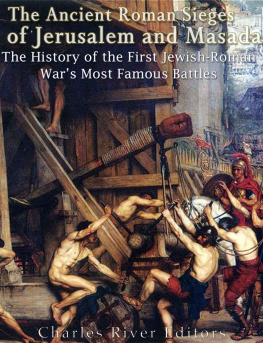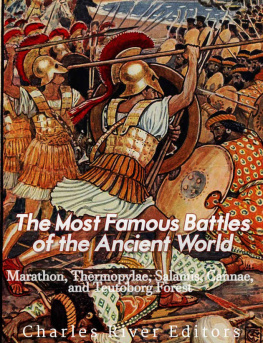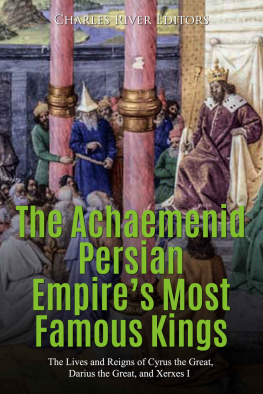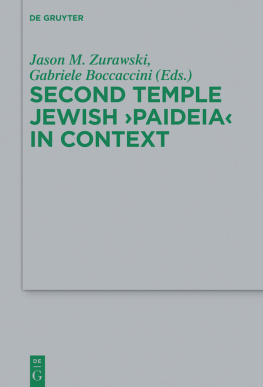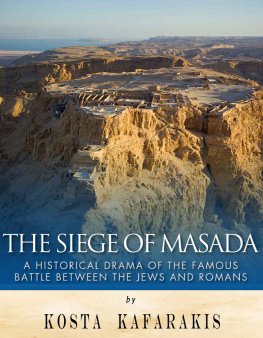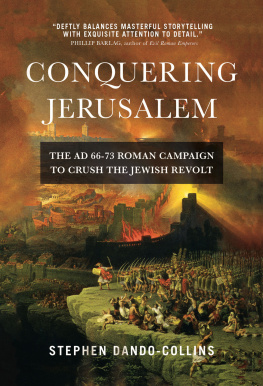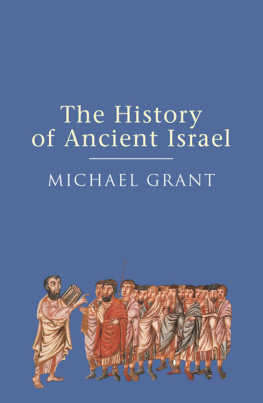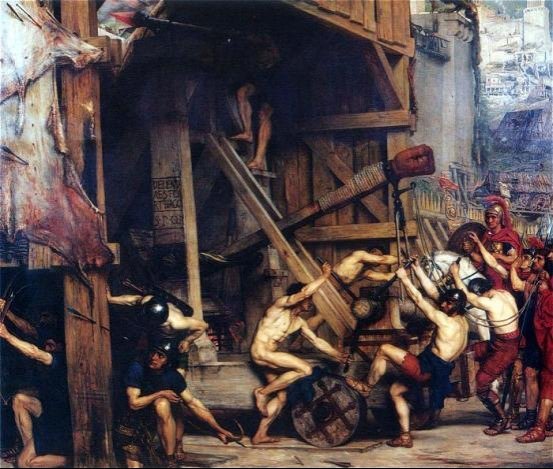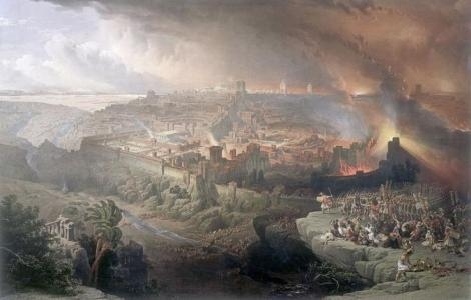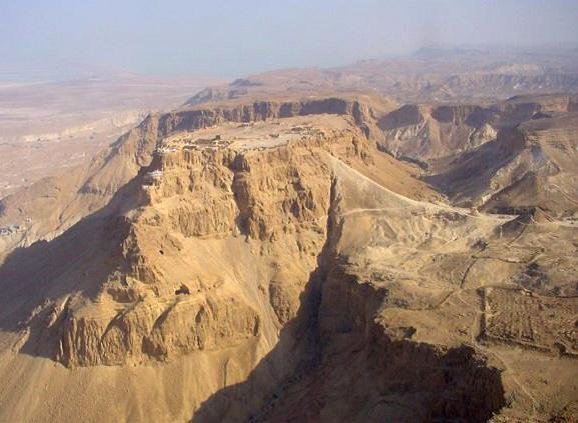Charles River Editors - The Ancient Roman Sieges of Jerusalem and Masada: The History of the First Jewish-Roman War’s Most Famous Battles
Here you can read online Charles River Editors - The Ancient Roman Sieges of Jerusalem and Masada: The History of the First Jewish-Roman War’s Most Famous Battles full text of the book (entire story) in english for free. Download pdf and epub, get meaning, cover and reviews about this ebook. year: 2016, publisher: Charles River Editors, genre: Religion. Description of the work, (preface) as well as reviews are available. Best literature library LitArk.com created for fans of good reading and offers a wide selection of genres:
Romance novel
Science fiction
Adventure
Detective
Science
History
Home and family
Prose
Art
Politics
Computer
Non-fiction
Religion
Business
Children
Humor
Choose a favorite category and find really read worthwhile books. Enjoy immersion in the world of imagination, feel the emotions of the characters or learn something new for yourself, make an fascinating discovery.
- Book:The Ancient Roman Sieges of Jerusalem and Masada: The History of the First Jewish-Roman War’s Most Famous Battles
- Author:
- Publisher:Charles River Editors
- Genre:
- Year:2016
- Rating:4 / 5
- Favourites:Add to favourites
- Your mark:
The Ancient Roman Sieges of Jerusalem and Masada: The History of the First Jewish-Roman War’s Most Famous Battles: summary, description and annotation
We offer to read an annotation, description, summary or preface (depends on what the author of the book "The Ancient Roman Sieges of Jerusalem and Masada: The History of the First Jewish-Roman War’s Most Famous Battles" wrote himself). If you haven't found the necessary information about the book — write in the comments, we will try to find it.
*Includes ancient accounts of the battles
*Includes online resources and a bibliography for further reading
*Includes a table of contents
The Siege of Jerusalem in 70 CE is arguably the most important event in Jewish history. First, it was the central battle in the First Jewish-Roman war. Second, the failure of the siege on the Jewish side resulted in the destruction of the Second Temple of Jerusalem, a disaster that would eventually prove both permanent and catastrophic, since it was never rebuilt. Third, it permanently altered the diaspora of Judaism in the Ancient World. Fourth, because it was indecisive in breaking the power of the Jewish revolt permanently, it was also inconclusive and led to further, inevitable revolts that broke Judean identity completely.
. It was not the first time the Romans had conquered the capital of the kingdom, nor was it the first time Jerusalem had been sacked by a foreign power. It was unusual for the Romans, however, because it was not the final act that such a conquest generally was. With few exceptions, such as the Carthaginians and the Celts, the Romans had not encountered an opponent who refused to remain defeated. Roman generals and governors found this stubborn resistance unnerving and that may have contributed to an increased cruelty toward the local Jewish population, not that the Romans generally required an excuse to be brutal.
To the Romans bewilderment, the Jews were absolutely, adamantly opposed to worshiping any deity above God (in the universal form of Yahweh), or even alongside or beneath God. At this point in their theological history, the Jews had become strict monotheists. Worshiping the Emperor as a deity would imperil their immortal souls. Therefore, they absolutely refused to do this and were willing to die for their faith. The Jewish refusal to tolerate the Cult of the Emperor in their main place of worship was a direct challenge to Roman political power. The Roman refusal to recognize Jewish monotheism was a direct challenge to Jewish theology. The clash of ideologies would result in many casualties. Josephus, a primary source for the revolt, would calculate the death toll at over 1,000,000.
The Siege of Masada was the final battle in a long series of fights that constituted the First Jewish-Roman War. However, what made this battle qualitatively different from most was not just the difficulty Rome had in retaking control of it with incredibly disproportional military equipment and numbers, but also the actions of the Judean defenders. In the final hours of the battle, just as the Romans were about to breach the walls of the city, the defenders gathered together and committed mass suicide, rather than being killed or taken captive by the Romans.
Many Westerners have never heard of the Siege of Masada, and those who have may simply know it as an obscure reference to a minor battle fought in a remote location of the Roman world. By contrast, virtually all Israeli school children know the story of Masada as a premier example of nationalistic pride. The heroic story of a small band of fighters facing incalculable odds has many elements that are reminiscent of both the Battle of Thermopylae and the Battle of the Alamo. The refrain Masada shall not fall again, coined in a poem on the subject by Yitzak Lamdan, became a cry of resolve in battle for Israeli soldiers in the 20th century, just as the cry of Remember the Alamo had galvanized Americans. For decades the Israelite military used the site of Masada as the location for swearing in their new recruits; the choice of the site was designed to evoke within the new soldiers a deep sense of connection with their national history.
Charles River Editors: author's other books
Who wrote The Ancient Roman Sieges of Jerusalem and Masada: The History of the First Jewish-Roman War’s Most Famous Battles? Find out the surname, the name of the author of the book and a list of all author's works by series.

